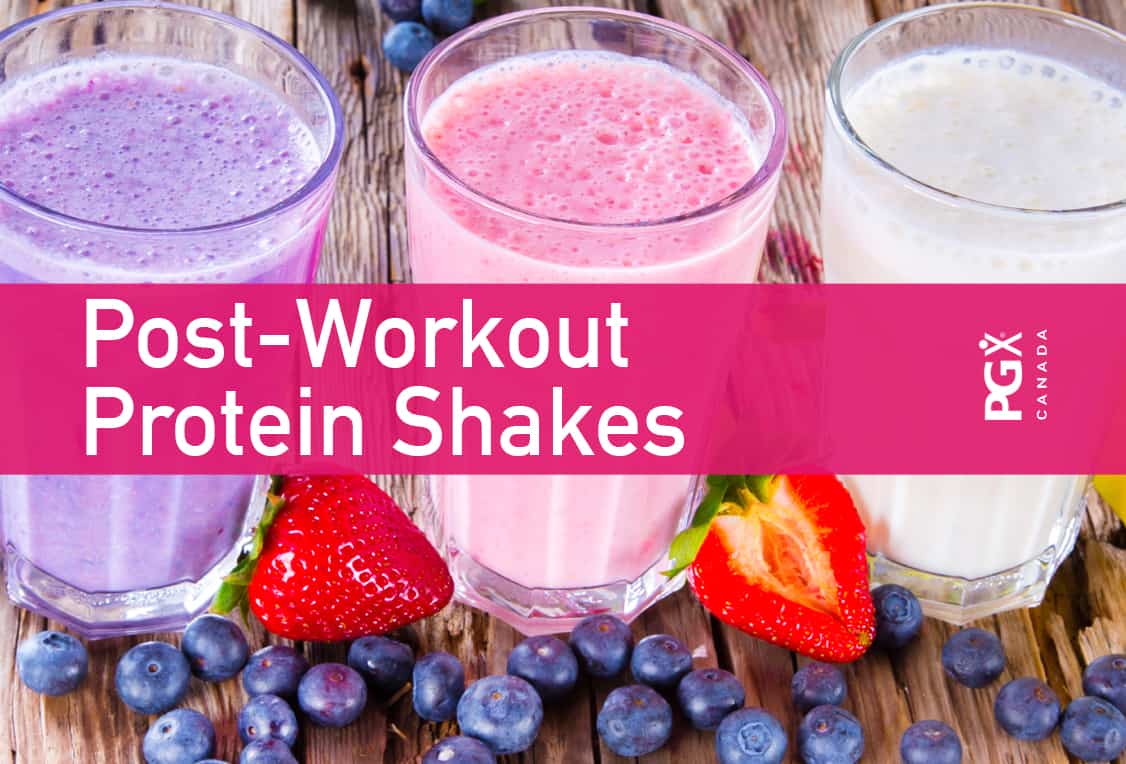The Benefits of Protein Shake After Workout
When it comes to post-workout nutrition, protein shakes have gained immense popularity among fitness enthusiasts. These convenient and easily digestible beverages offer numerous benefits that can aid in muscle recovery and growth. In this article, we will explore the various advantages of consuming a protein shake after a workout.
Enhanced Muscle Recovery
One of the key benefits of consuming a protein shake after a workout is its ability to enhance muscle recovery. During exercise, our muscles undergo stress and damage, and protein is essential for repairing and rebuilding them. Protein shakes provide a quick and convenient source of high-quality protein, which is crucial for initiating the muscle recovery process.
Increased Muscle Protein Synthesis
Protein shakes, particularly those containing whey protein, are rich in essential amino acids that stimulate muscle protein synthesis. This process is vital for muscle growth and adaptation. By consuming a protein shake after a workout, you can optimize muscle protein synthesis, leading to increased muscle mass and strength over time.
Convenience and Portability
Protein shakes offer unparalleled convenience and portability, making them an ideal post-workout option. Whether you’re hitting the gym or exercising outdoors, protein shakes can be easily prepared and consumed on the go. This eliminates the need for cooking or carrying bulky meals, making protein shakes a practical choice for individuals with busy lifestyles.
Fast Absorption and Digestion
Protein shakes are designed to be rapidly absorbed and digested by the body. This quick absorption allows the amino acids from the protein to reach your muscles efficiently, promoting faster recovery. Compared to whole food sources of protein, which may take longer to digest, protein shakes provide a convenient way to refuel your muscles promptly after a workout.
Customizable Nutrient Profile
Another advantage of protein shakes is their customizable nutrient profile. Depending on your specific fitness goals and dietary requirements, you can choose from a wide range of protein powders with varying macronutrient compositions. Whether you prefer a high-protein, low-carbohydrate shake or a balanced blend, protein shakes can be tailored to meet your individual needs.
Improved Hydration
Many protein shakes are formulated with water or milk, which can help replenish fluids lost during exercise. Proper hydration is crucial for optimal performance and recovery. By consuming a protein shake after your workout, you not only provide your body with essential nutrients but also contribute to rehydration, ensuring your body functions at its best.
Supports Weight Management
Protein shakes can play a role in weight management as well. By incorporating a protein shake into your post-workout routine, you can help control hunger and promote feelings of fullness. This can prevent overeating and support weight loss or maintenance goals, especially when combined with a balanced diet and regular exercise.

In summary, protein shakes offer a multitude of benefits when consumed after a workout. From enhancing muscle recovery and increasing muscle protein synthesis to providing convenience and customizable nutrient profiles, protein shakes can be a valuable addition to your post-workout routine. Consider incorporating a protein shake into your fitness regimen and experience the positive impact it can have on your overall performance and results.
Frequently Asked Questions
1. Why should I consume a protein shake after my workout?
Consuming a protein shake after your workout helps in muscle recovery and growth. It provides essential amino acids to repair and rebuild the muscles that were broken down during exercise.
2. How does a protein shake help in muscle recovery?
Protein shakes contain high-quality protein that gets quickly absorbed by the body. This aids in repairing damaged muscle tissues and promoting faster recovery after a workout.
3. Can protein shakes help in increasing muscle mass?
Yes, protein shakes can support muscle growth when combined with regular strength training exercises. They provide the necessary building blocks (amino acids) for muscle synthesis.
4. Are protein shakes only beneficial for professional athletes?
No, protein shakes can benefit anyone who engages in physical activity. They help in meeting daily protein requirements, aid in muscle recovery, and support overall fitness goals.
5. When is the best time to consume a protein shake after a workout?
It is generally recommended to consume a protein shake within 30 minutes to an hour after your workout. This allows for optimal absorption and utilization of the protein by the muscles.
6. Can protein shakes replace a balanced meal?
Protein shakes should not be used as a complete meal replacement. They are intended to supplement your diet and provide an additional source of protein, especially after intense workouts.
7. Are there any side effects of consuming protein shakes?
When consumed in moderation, protein shakes are generally safe. However, excessive protein intake may lead to digestive issues, such as bloating or an upset stomach.
8. Can women benefit from consuming protein shakes after a workout?
Absolutely! Protein shakes can benefit women just as much as men. They help in muscle recovery, toning, and achieving fitness goals without adding excessive calories.
9. Are there any specific types of protein shakes recommended for post-workout consumption?
Whey protein shakes are commonly recommended for post-workout consumption due to their rapid absorption rate. However, other protein sources like plant-based proteins can also be effective.
10. Can protein shakes be consumed on rest days?
Yes, protein shakes can be consumed on rest days as well. While the protein requirements may be slightly lower, they still aid in muscle repair and maintenance during periods of inactivity.




